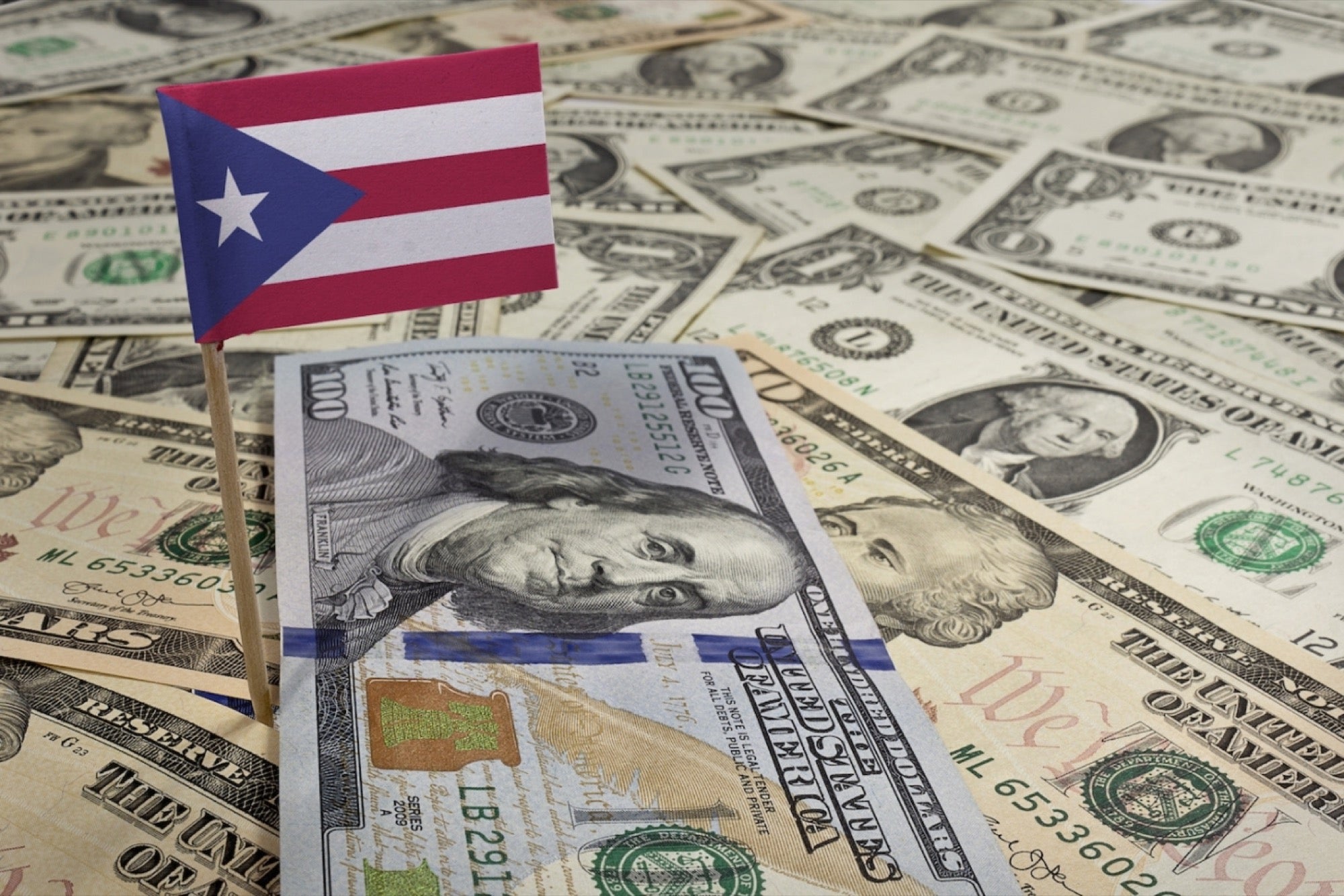Puerto Rico's Debt Crisis Could Change Everything What's worse than being a small island anticipating a tropical storm? A small island that is also dealing with a massive debt crisis, which could change its political status.
Opinions expressed by Entrepreneur contributors are their own.
You're reading Entrepreneur Middle East, an international franchise of Entrepreneur Media.

What's worse than being a small island anticipating a tropical storm? A small island that is also dealing with a massive debt crisis, which could change its political status. Ever since 1921, Puerto Rico was paradise for doing business, as the U.S. territory (not an official state) enjoyed many years of American federal tax advantages. However, that all changed as of 1996, when it was decided to phase all that out over a 10-year period. That didn't go too well, and things started to crash by the time phase-out period ended in 2006.
Puerto Rico's recent economic history has been unfortunate to say the least, but on August 3, its government defaulted for the first time in its history after failing to pay a US$58 million debt. The island was only able to pay back $628,000, a percentage so small that you don't even have to bother doing the math. To make matters worse, the money is mostly owed to ordinary Americans, rather than financial institutions, in the form of municipal bonds which are exempted from federal income taxes. Throughout Puerto Rico's many years of economic misfortunes and capital mismanagement, the government hiked taxes hoping to balance debt. As a result, Puerto Rico's middle class has been diminishing so quickly, you could say it's fallen off a cliff. Unemployment in Puerto Rico is at 12.6% as of June 2015, and only 40% of adults there are currently employed or searching for work. About 50,000 Puerto Ricans are leaving for the U.S. mainland every year, according to a report released by the Pew Research Center 12 months ago. That's among most rapid population loss in the world, and Puerto Rico isn't going through any civil wars, violent uprisings, or other security crises.
What about Puerto Rico's political status? Well that's just it. It's not officially an American state, nor is it an independent one. Despite having some sovereignty, it's ultimately controlled by the United States government, even though its citizens don't enjoy all the same rights and benefits that Americans living in the 50 states do- so it's basically a colony. Among Puerto Ricans is an intense debate of what its status should be: bid for American statehood, maintain the status quo as a U.S. territory, or secede, for lack of a better term. Polls show that most of the population want Puerto Rico become an official U.S. state, but the independence movement is growing.












